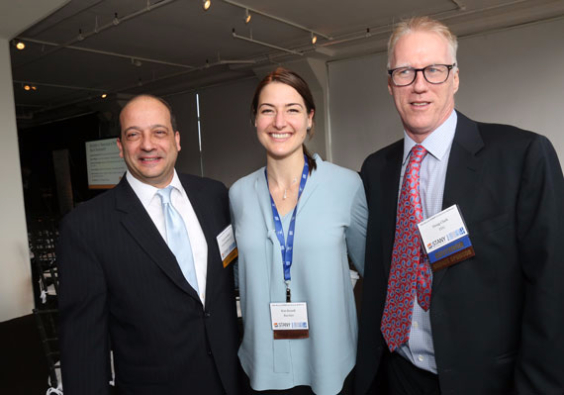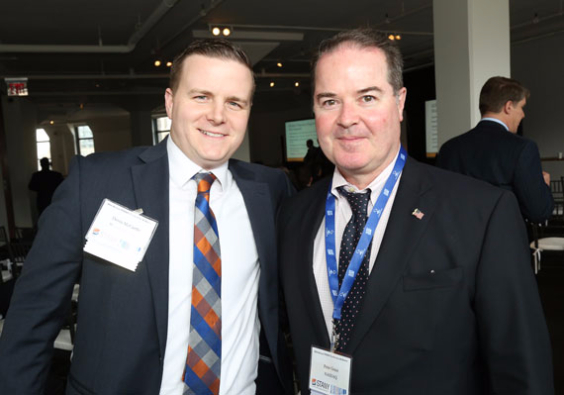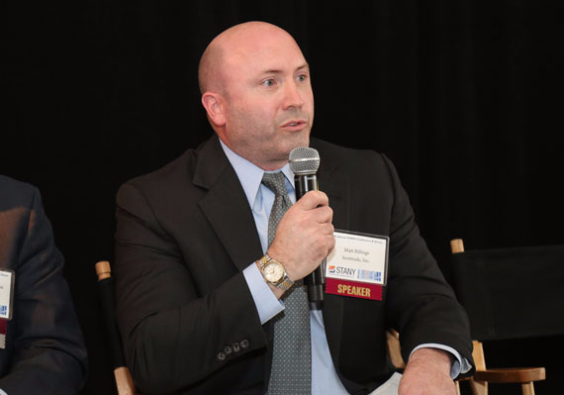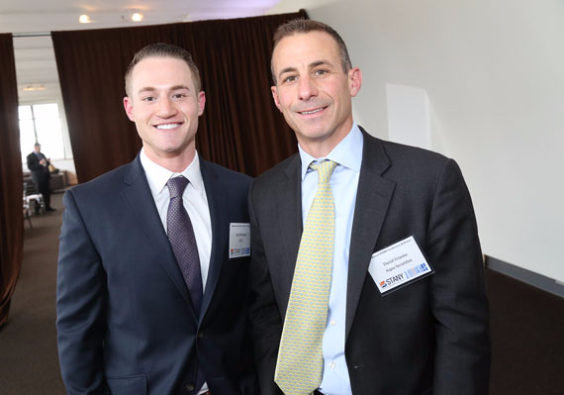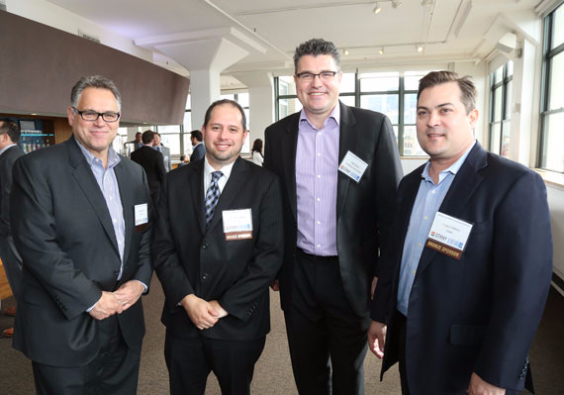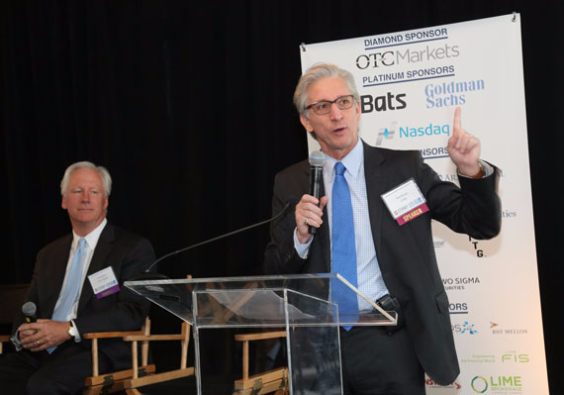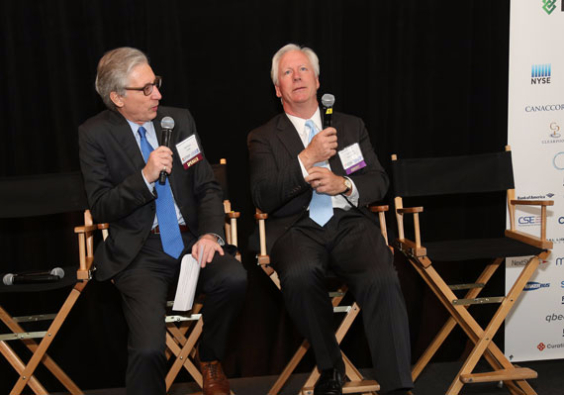(Bloomberg) —UBS Group AG boosted its recommended allocation to hedge funds for the second time in as many years, saying that the strategy will provide stability amid volatile markets.
The bank increased the share of hedge funds in its global model portfolio to 20 percent from 18 percent as of April, after raising the allocation from 15 percent in 2015, Kelvin Tay, Singapore-based chief investment officer for Southern Asia-Pacific at UBS Wealth Management, said in an interview. UBS, which managed 272 billion Swiss francs ($282 billion) of client assets in its wealth-management unit in the Asia-Pacific region year-end, cut the proportion of high-grade bonds by two percentage points to 11 percent.
The prospect of slowing growth in China and expectations of rising interest rates in the U.S. have sent global stock markets tumbling over the past year. Hedge funds havent been immune to the selloff, with the Eurekahedge Hedge Fund Index up 1.5 percent last year for the lowest return since 2011, and down 0.5 percent in the first quarter. Still, hedge funds, especially those that invest across multiple assets, have traditionally provided investors with protection in times of market dislocation and also offer better returns than bonds, UBS said.
Hedge funds still offer a more attractive risk and return trade-off than bonds, whose yields have declined further, UBS wrote in a report published in March. We anticipate a well-diversified multistrategy will return 5 percent a year in U.S. dollar terms over the next five years, net of fund fees, UBS said in the report.
Yields Decline
Developed market bonds have rallied since the beginning of the year as the European Central Bank and the Bank of Japan expanded their easing programs and the U.S. Federal Reserve indicated it will be cautious in hiking rates. The Bloomberg Global Developed Sovereign Bond Index has gained 8.3 percent this year, while its yield fell to 0.635 this month, the lowest in records going back to 2010.
The yield on high-grade bonds is actually very, very low, Tay said. We think the sector is highly overvalued, largely because of quantitative easing.
The chief investment officer said hedge fund strategies that wager on macroeconomic themes and those that benefit from political and corporate events may have an edge over other strategies. UBS is lowering its holdings in hedge funds that are strongly correlated with stock-market performance.
We are multistrategy at the moment, Tay said. Macro and event-driven have some slight advantage because we are seeing a lot of events coming through, for example central bank regulatory issues, monetary easing and political events like the Brexit. They will actually drive the markets this year.






